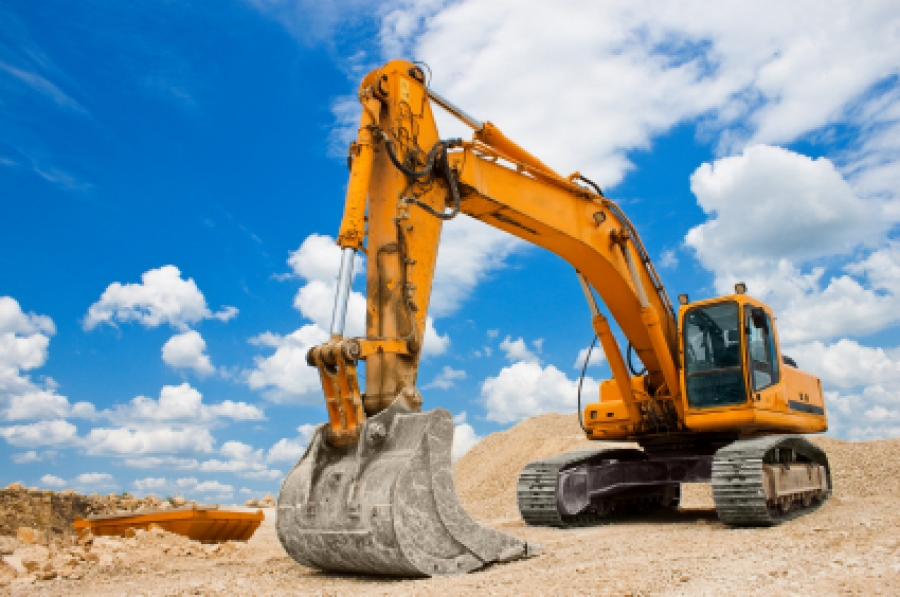After Bids: Contract Administration at the Start of Construction
The time between receiving bids (or a proposal for sole source work) and the start of construction is a busy time for the contractor, the owner, and the design professional. The design professional must quickly check the bids and verify that the low bidder truly has the qualifications to do the work, then prepare the contract documents for signatures. The owner needs to proceed through the necessary steps to award the project, which include having financing ready. The low bidder must begin to expand upon the data assembled during the bid phase and prepare for mobilization.

The contract documents provide a good description of what should be happening during this time. Specific steps and documents are described in the Engineers Joint Contract Documents Committee's (EJCDC's) General Conditions of the Construction Contract and in related documents. My experience is that these steps are often ignored, especially on smaller projects. This is unfortunate, for all projects can benefit from rigorous attention to these matters.
Construction Start Date
Bids are received on a fixed date, but the start of construction is often a moving target. The date the contract is signed is not the construction start date. The General Conditions define the construction start date thus:
- 30 days after the effective date of the Agreement (i.e. when all parties have signed the Agreement);
- or on a date stated in a Notice To Proceed (if one is issued), which must be not later than 30 days after the effective date of the Agreement;
- but not later than 60 days after receipt of bids or 30 days after the effective date of the Agreement, whichever is earlier.
This is important for the contractor’s planning, to know the range of time when the contract clock will begin ticking.
Contractor's Early Submittals
Also during the preconstruction time, typically within 10 days of the Agreement signing, the contractor must submit to the design professional certain documents for review and approval. These are as follow:
- a preliminary progress schedule,
- a preliminary schedule of submittals, and
- a preliminary schedule of values (i.e., the contractor’s breakdown of the project into work items and quantities, upon which pay applications will be based).
These three schedules are important for all three parties to the construction contract, yet I find that they are often ignored, especially on smaller projects. The EJCDC has found that proper attention to these matters is an important start to the construction contract.
Preconstruction Conference
Shortly before construction is to start, a preconstruction conference is normally held. This is the time to review the contractor’s preliminary submittals and explain any needed revisions to those submittals, establish lines of communication, explain how shop drawings will be handled, discuss progress payments, iron out any uncertainties about work scope or intent of the drawings and specifications, verify how testing will be called for and performed, and many other items. These are all described in the contract documents, but an airing of them at this time can forestall future problems.
The time between bids and construction is a busy time. The contract documents indicate what all parties should be doing during this time. Even when a small project is done without the use of EJCDC documents, their requirements can help the project move forward.

David A. Todd
A senior engineer and corporate trainer of engineering for CEI Engineering Associates, Inc. David has 36 years of experience as a consulting civil engineer. His experience includes water, wastewater, stormwater, roads, and solid waste infrastructure. For much of the last 20 years he has been involved with stormwater issues. Specifications and construction administration have been a specialty of his within civil consulting engineering . He has BS and MS degrees in Civil Engineering, is a registered engineer in four states, and a Certified Professional in Erosion and Sediment Control.




